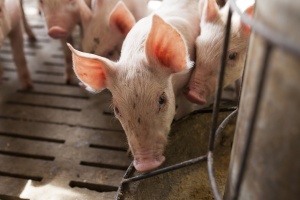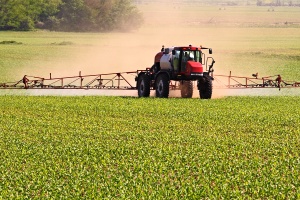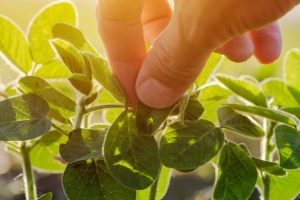When Sustainability and Science Work Together on the Farm
We were walking through the mall, and I saw a toy airplane flying through the air. I thought about how that small toy could help with scouting my fields. I never imagined how much of an impact they would have on our farm all these years later.
Potential, Precision, Protection
As a fourth generation farmer, I’m constantly looking for ways to improve our sustainability practices. When drones entered the scene, it was a game changer for us. Aside from the cool factor, drones collect data that allow us to better care for the plants and the land where they grow.
The technology allows us to scout – or monitor – our fields in a matter of minutes instead of hours.
This helps us more sustainably manage our farm in several ways:
- We watch for potential risks and stresses, like bugs and weeds. When we used to walk the fields, we were limited by how much we could actually see. Now, we get a very detailed, birds-eye view of all our fields.
- We can treat smaller, very precise areas of the field instead of every acre. Think of your garden: you can spot treat for pests because you can see exactly where the damage is happening. We can do the same because of drone imaging.
- Because we can treat a precise area in our fields, we use fewer chemicals and fertilizer, and that means greater protection of our environment. Reducing the trips through the field with tractors and equipment means using less fuel, fewer emissions and reduced risk of soil and wind erosion.
And that’s just for the growing season.
In fall, we use technology during corn harvest. GPS links to our combine and shows which areas of the field produced the most (or the least). We’ll also test our soil for key nutrients and elements needed to grow next year’s crop and look at general plant health and compare that information with previous years of data. All this information allows us to farm with the least amount of impact on our land and determine the best mix of cover crops to retain the most nutrients in the ground during the winter.
What’s a cover crop? Great question. Check my answer in this post.











0 Comments